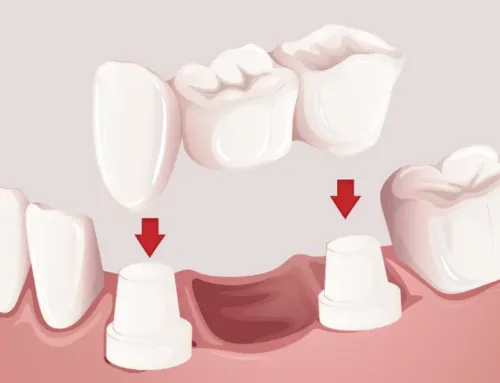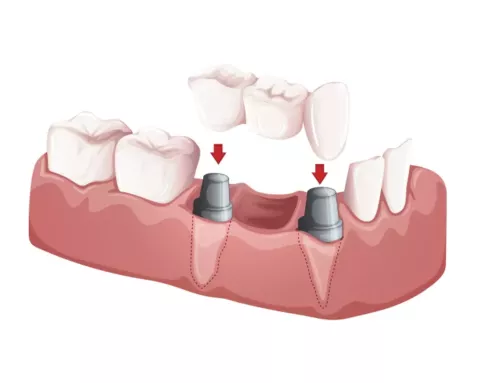In the rapidly developing field of dentistry, dental implants have become a ground-breaking option for people experiencing tooth loss. They improve aesthetics and promote long-term dental health in addition to restoring oral functionality. Let’s take a closer look at dental implants in Ashburn, including their kinds, placement techniques, and requirements for candidates.
What are Dental Implants?
Dental implants are prosthetic tooth roots surgically placed into the mandible to support replacement teeth. These implants, which are made of biocompatible materials like titanium, gradually merge with the jawbone to provide stability and longevity. Dental implants provide a long-term, aesthetically pleasing alternative to traditional methods for those who lack teeth.
Types of Dental Implants
1. Replacing a Single Tooth: Use a Single Dental Implant
A single dental implant functions as a stand-alone replacement for a single missing tooth. It entails surgically inserting an implant into the mandible, which is then covered with a crown that is made to look and feel just like a real tooth.
2. Replacing Several Teeth: Use an Implant-Supported Bridge
When a person is missing several neighboring teeth, an implant-supported bridge becomes useful. This kind of bridge is secured to dental implants rather than natural teeth, providing stability and avoiding stress on existing teeth.
3) Replacing All Your Teeth: Use an Implant-Retained Denture
A thorough solution is required for complete tooth loss, and an implant-retained denture fulfills this requirement. Dental implants are positioned strategically to firmly attach a personalized denture, removing the risk of discomfort or typical denture slippage.
What’s the Dental Implants Procedure?
Tooth Extraction
The process of dental implantation frequently starts with the extraction of a tooth that is broken or beyond repair. For the implant to take root, this step guarantees a clean slate.
Preparation
Planning and careful inspection are essential. Dental experts evaluate the patient’s overall suitability for the surgery, as well as their oral health and bone density. This phase entails taking precise pictures, making molds, and designing a personalized treatment strategy.
Bone Grafting
In situations when the mandible is not dense enough for a successful implant, bone grafting might be suggested. To ensure the bone can sustain the dental implants, this process entails augmentation.
Surgical Insertion
Dental implants must be surgically inserted into the jawbone with precision. This painstaking procedure prepares the implants to merge with the bone, creating a strong base.
Preparatory Precautions
Patients may need to take some preventative measures before having dental implant surgery. To encourage the best possible healing, they can include brief dietary changes, dental hygiene practices, and quitting smoking.
Am I a Good Candidate for Dental Implants?
Although they might be a life-changing solution for many, not everyone is a good fit for dental implants. Several important factors come into play, including bone density, dental hygiene, and general health. Alternative remedies can be required for those with unmanaged medical issues, low bone density, or certain lifestyle choices like excessive smoking.
Schedule Your Implants Consultation Today!
Dental implants are a ray of hope for people who are suffering from tooth loss since they give a robust, aesthetically pleasing, and practical replacement. Different dental implants address different levels of tooth loss, and the process guarantees a smooth transition into the patient’s oral environment. Nonetheless, individual differences exist in the acceptability of dental implants, underscoring the significance of a thorough evaluation by dental specialists. Contact Broadlands Family Dentistry in Ashburn for more details.






Leave A Comment